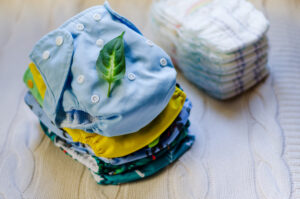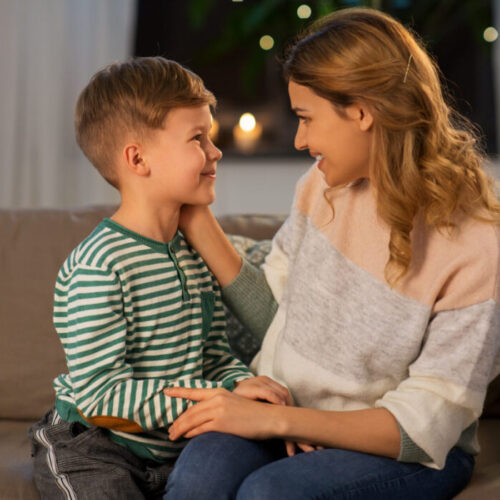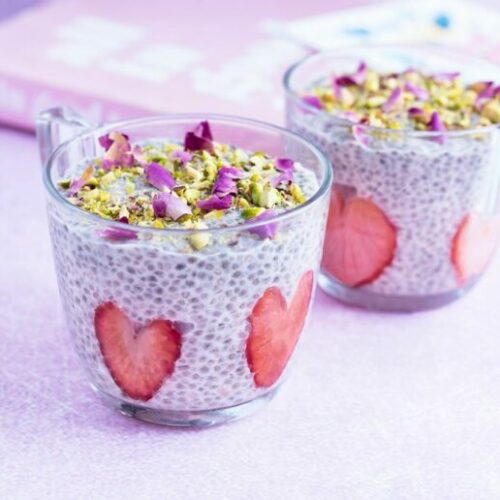Sustainable Parenting: Choosing Eco-Conscious baby care

Parenthood is evolving, and with it comes a shift towards sustainable baby care. The choice of plastic-free wipes and minimal ingredients reflects a global commitment to a healthier planet.
In the dynamic world of parenthood, a noteworthy transition is unfolding among both manufacturers and consumers away from conventional baby care, towards a more sustainable approach. At the heart of this transformation lies a growing awareness of the environmental impact of our choices.
Globally, the impact of plastic waste is alarming. The environmental repercussions of plastic waste are now well-documented, with millions of tonnes ending up in our oceans and landfills each year. Moreover, studies indicate that if current trends continue, our oceans could contain more plastic than fish by 2050.
As realisation around the reality of environmental issues has grown, so has the emphasis on creating products that are better for children and the planet. This lifestyle shift is making waves, setting the stage for a new era in parenting, one that prioritises both health and sustainability.
Knowledge
Today’s parents aren’t just consumers; they are informed guardians of the future. Recent insights from a WaterWipes survey tell a compelling story. An astounding 93 percent of parents are now leaning towards plastic-free baby wipes, driven by their concerns about the environmental footprint they’re leaving behind for children. Furthermore, 69 percent of parents meticulously examine product ingredient lists.
Healthier Planet
By incorporating the following tips into your parenting journey, you can lead a more conscious lifestyle, reduce your environmental footprint and ensure the wellbeing of your child and our planet. Remember, these choices aren’t just about baby care; they’re about the kind of world we want to create.
Plastic-free
Opt for plastic-free baby wipes and diapers, joining the eco-conscious movement to reduce plastic waste.
Minimal ingredients
When shopping for baby products, become an ingredient detective – examine labels for minimal ingredients and seek safety certifications from reputable sources. Avoid products laden with harsh chemicals and artificial fragrances.
Bath time
Make bath time an eco-friendly ritual by choosing natural and biodegradable baby bath products. Keep bath time short and sweet, not only to conserve water, but also to reduce energy consumption.
Clothing
Give your baby’s wardrobe an eco-conscious makeover by opting for organic, sustainable and natural fabrics for their clothing. These materials are gentler on the skin and have a lower environmental impact.
Second hand
Embrace the power of second-hand finds; explore thrift stores, online marketplaces and community swaps for second-hand baby items, like strollers, cribs and toys. It’s both eco-friendly and budget-friendly!
Recycle and upcycle
When your baby outgrows clothing, gear or toys, consider recycling or upcycling them. Get creative with DIY projects to give old items new life. These thoughtful, interesting choices not only contribute to a healthier planet, but also give your little one some unique belongings.
By choosing products that are backed by research and a commitment to sustainability, you’re fostering a world where your choices reflect a deeper understanding of the interconnectedness of health and environmental wellbeing, embracing a happier, healthier future for your children and the world they will inherit.
Image Credit: Shutterstock











Comments